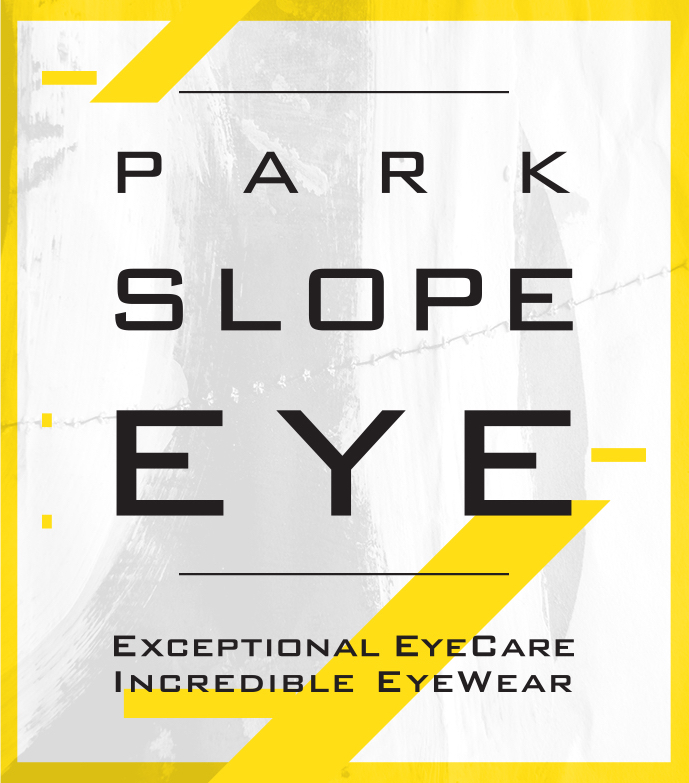Cataracts are responsible for more than half of the reported cases of vision loss worldwide. Currently, around 24 million Americans suffer from this sight-threatening condition. Park Slope Eye, your trusted eye care clinic, believes that proper understanding of this disease can empower people with cataracts to safeguard their vision and lead a higher quality of life. Here, we explain what cataracts are and how we treat them:
Causes
The natural lenses of your eyes are composed of water and protein. Over time, your lenses may become clouded by buildup of protein clumps known as cataracts. These cataracts can limit the amount of light that reaches your eyes, resulting in vision problems.
Types and Risk Factors
Increasing age and heredity are the major risk factors for cataract development. Your reliable eye specialist explains that people with pre-existing medical problems, like diabetes, may be at a higher risk of developing secondary cataracts. Overexposure to radiation may also result in radiation cataracts, while traumatic cataracts may occur as a complication of eye surgeries or injuries.
Signs and Symptoms
The early phases of cataract development is often asymptomatic. As the condition advances, you may experience blurry or hazy eyesight. You may also notice reduced visual acuity at night and increased glare sensitivity. You may have problems carrying out your daily activities as well, which may diminish your quality of life.
Management
Your treatment will depend on the type of cataracts you have, but in all cases it’s crucial to undergo routine comprehensive eye exams. Congenital cataracts usually occur during childhood, but since children may not realize they have an eyesight problem, it’s doubly important for parents to bring your children for regular eye care exams. This allows us to detect any underlying problems and provide prompt treatment.
To help enhance your visual capacity, we may prescribe wearing eyewear with stronger prescriptions and brighter light settings. If the cataracts are significantly affecting your eyesight, we may recommend removing them through surgery. We’ll make sure to explain the procedure completely, answer all your questions, and help you prepare for it.
For more information about cataracts, feel free to complete our form and schedule an appointment.








